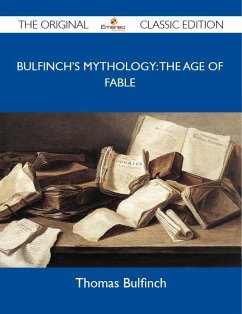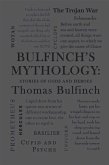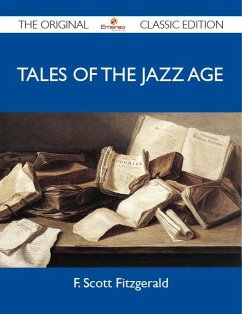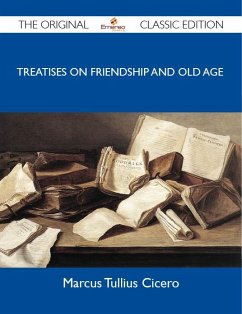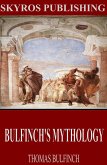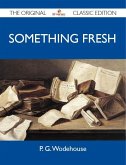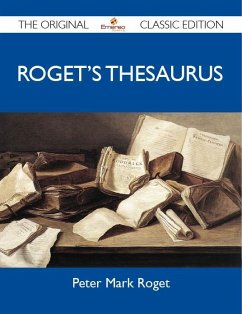The Age of Fable is an enjoyable, easy to read introduction to Greek and Roman mythology.
Today we lament that people have little time for the classics and even less for mythology. Bulfinch, writing in 1855, said much the same, To devote study to a species of learning which relates wholly to false marvels and obsolete faiths, is not to be expected of a general reader in a practical age like this.
And yet without some familiarity with Greek and Roman mythology we not only have little understanding of Greek and Roman civilization, we also limit our appreciation for some of the greatest English literature and poetry. Shakespeare, Keats, Milton, and other English writers have assumed that readers are acquainted with mythology. And more basic, we also deprive ourselves of some fascinating and enjoyable stories and tales.
In writing The Age of Fable Bulfinch focused on mythology as connected with literature, not just the fables themselves. He created a book that has remained easy to read and as well serves as an amazingly useful reference when reading 16th, 17th, and 18th century literature and poetry. I have repeatedly found that what was an obscure and murky reference to mythology took on meaning and significance by a quick visit to Bulfinch. I particularly appreciate his index of names: it really helps me track down those prolific deities.
I sometimes pick up The Age of Fable and simply browse a few pages, exploring a new tale, a new adventure by powerful deities with magnified human frailties. Buy a copy, you wont be disappointed.
Today we lament that people have little time for the classics and even less for mythology. Bulfinch, writing in 1855, said much the same, To devote study to a species of learning which relates wholly to false marvels and obsolete faiths, is not to be expected of a general reader in a practical age like this.
And yet without some familiarity with Greek and Roman mythology we not only have little understanding of Greek and Roman civilization, we also limit our appreciation for some of the greatest English literature and poetry. Shakespeare, Keats, Milton, and other English writers have assumed that readers are acquainted with mythology. And more basic, we also deprive ourselves of some fascinating and enjoyable stories and tales.
In writing The Age of Fable Bulfinch focused on mythology as connected with literature, not just the fables themselves. He created a book that has remained easy to read and as well serves as an amazingly useful reference when reading 16th, 17th, and 18th century literature and poetry. I have repeatedly found that what was an obscure and murky reference to mythology took on meaning and significance by a quick visit to Bulfinch. I particularly appreciate his index of names: it really helps me track down those prolific deities.
I sometimes pick up The Age of Fable and simply browse a few pages, exploring a new tale, a new adventure by powerful deities with magnified human frailties. Buy a copy, you wont be disappointed.
Dieser Download kann aus rechtlichen Gründen nur mit Rechnungsadresse in A, D ausgeliefert werden.

